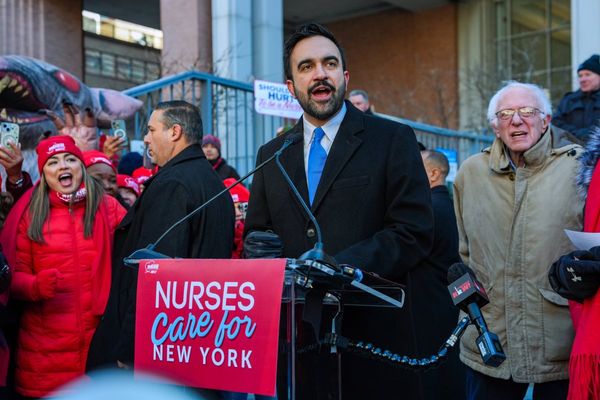
In the 1970s and 80s, when it was possible to envisage curbing car use in favour of integrated public transport in Britain’s towns and cities, my father, Rob Lane, who has died aged 84, was a leading exponent of prioritising public services and pedestrian safety over the car.
As a lecturer in transportation studies at the Polytechnic of Central London in the 1960s he wrote Analytical Transport Planning with two colleagues – for many years this was the key text for those studying the subject. By the time the book was published in 1971, Rob had been appointed chief traffic and communications engineer for the London Borough of Camden, where he helped introduce bus lanes and promoted the Green Cross Code.
In this role he met Ken Livingstone, a Labour party activist in the borough, who shared Rob’s progressive views on public transport, and when Livingstone became head of the Greater London council in 1981, Rob was appointed the GLC’s director of highways and transport.
After the abolition of the GLC in 1986, Rob became a director of Wootton Jeffreys Consultants in Brookwood, Surrey, and in the 1990s he founded his own consultancy business, Rob Lane Associates, advising on urban transport, traffic schemes, retail siting and social infrastructure in the Greater London area. He also held academic positions, his last as honorary professor of transport at the University of Westminster from 1997.
When Livingstone became mayor of London in 2000, Rob was invited to apply to manage Transport for London. Recently retired, he felt unable to take the role but he gave consultancy advice for several years. He promoted innovations including the congestion charge, the Oyster card, articulated buses and bus lanes.
Rob was born in Gosport, Hampshire, one of the five children of Ethel (nee Barwick), who had been a Boots pharmacist, and Edward, a shipwright in Portsmouth Naval Dockyard. To escape wartime bombing the family evacuated to Swanmore in the Meon Valley, from where Edward commuted to Portsmouth daily on a bicycle, a round trip of more than 30 miles. Meanwhile, Ethel raised three children under 12, plus baby Rob, in a cramped cottage with an outdoor earth toilet, and no gas or electricity.
After the family moved to the Isle of Wight to run a guest house in 1951, Rob was educated at East Cowes technical grammar school. As a boy, he enjoyed watching Portsmouth Football Club, became a Queen’s Scout and acquired joinery skills assisting his father with property conversions in Ryde. He studied at Portsmouth Polytechnic, then gained a master’s in traffic engineering from Imperial College London before taking up the lecturing post at the Polytechnic of Central London.
In 1961, Rob met Marie Mortimer, a civil servant, on a train bound for London. They married in 1963, bought a plot of land in Farnborough and built the house that they occupied thereafter. In retirement Rob became a pillar of the University of the Third Age, serving as chairman of the Farnborough Branch and participating, with Marie, in many activities.
He is survived by Marie, their two sons, Mike and me, his grandchildren, Lucas, Mia and Emma, and by his brother, Tony.







